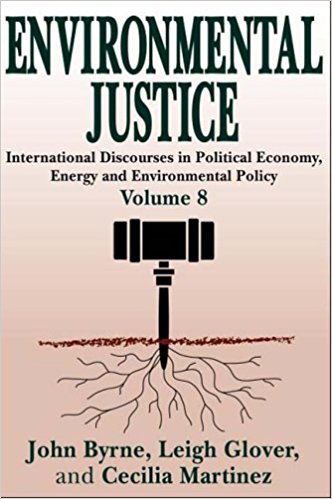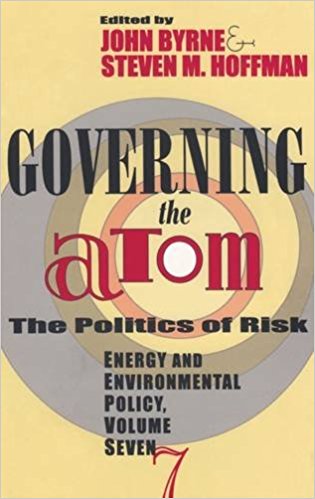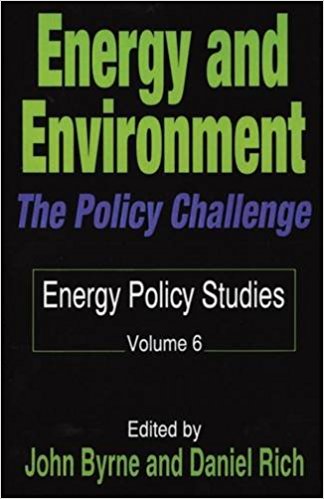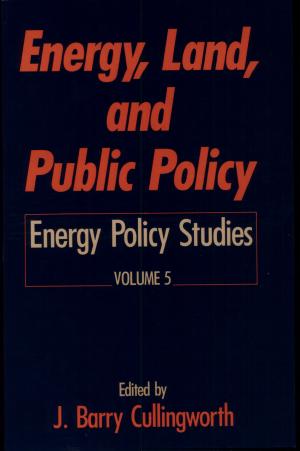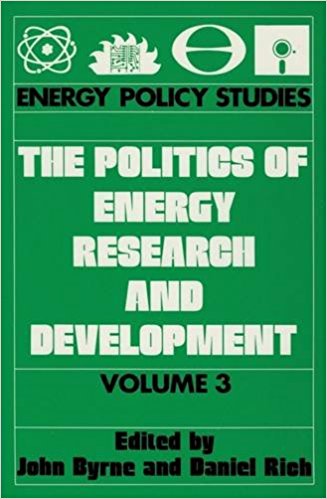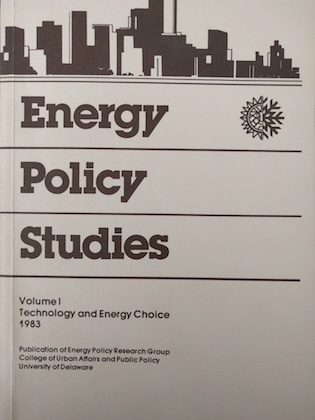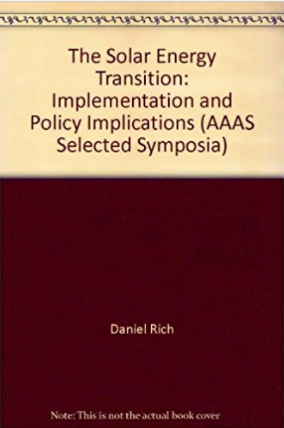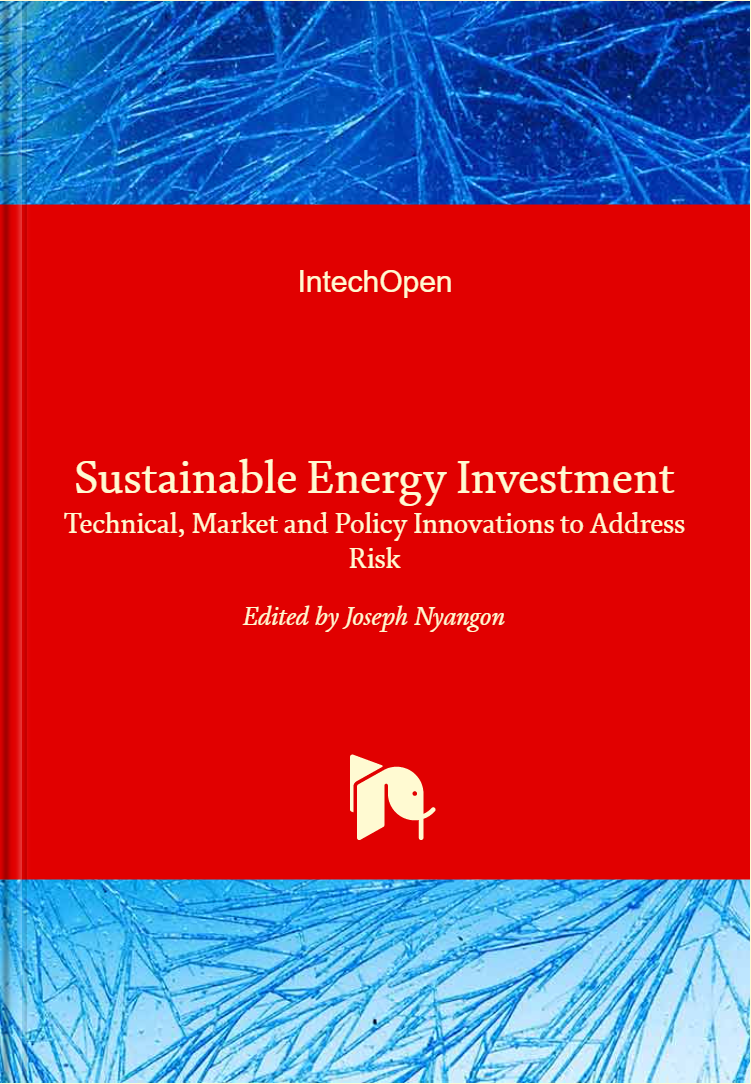
This book examines the technical, market, and policy innovations for unlocking sustainable investment in the energy sector. While finalizing this book, the COVID-19 pandemic is cutting a devastating swath through the global economy, causing the biggest fall in energy sector investment, exacerbating the global trade finance gap, worsening signs of growing income inequality, and devastating the health and livelihoods of millions.
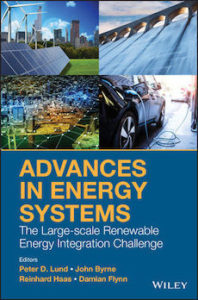 The book offers a collection of articles selected from the journal Wiley Interdisciplinary Reviews: Energy and Environment. It addresses: impacts of high shares of wind and solar power on electricity delivery; prospects for cities powered by rooftop solar systems; technology innovations to enable smart grids and wireless powerless transmission; and policies for a renewable energy transition. With contributions from internationally renowned experts, the book addresses the vital topic of integration of renewable energy consistent with deep decarbonization strategies. Written for energy planners ad policy analysts, energy market professionals, technology developers, and utility engineers, Advances in Energy Systems is an essential guide to a multi-disciplinary understanding of our energy future.
The book offers a collection of articles selected from the journal Wiley Interdisciplinary Reviews: Energy and Environment. It addresses: impacts of high shares of wind and solar power on electricity delivery; prospects for cities powered by rooftop solar systems; technology innovations to enable smart grids and wireless powerless transmission; and policies for a renewable energy transition. With contributions from internationally renowned experts, the book addresses the vital topic of integration of renewable energy consistent with deep decarbonization strategies. Written for energy planners ad policy analysts, energy market professionals, technology developers, and utility engineers, Advances in Energy Systems is an essential guide to a multi-disciplinary understanding of our energy future.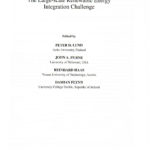
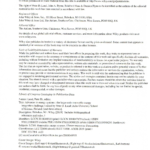
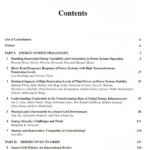
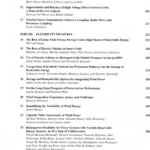
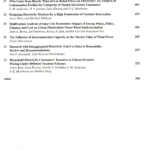
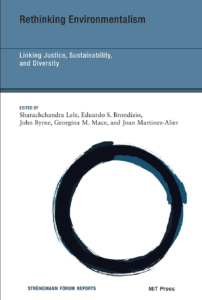
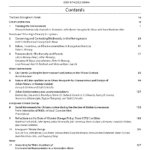
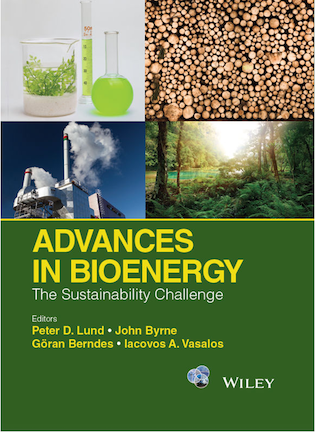












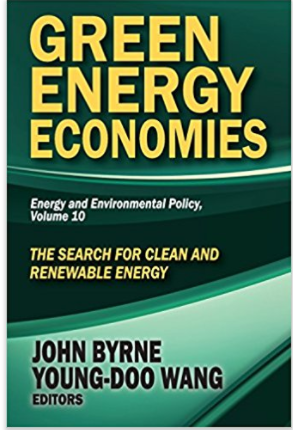




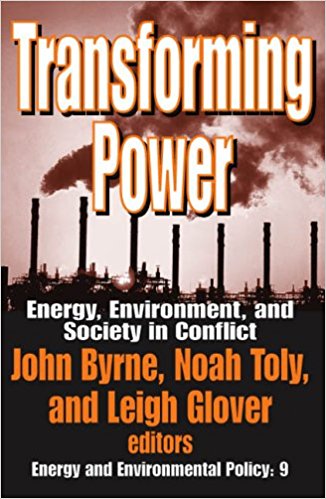




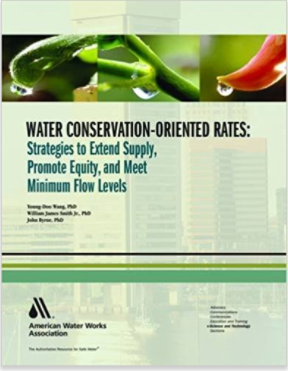
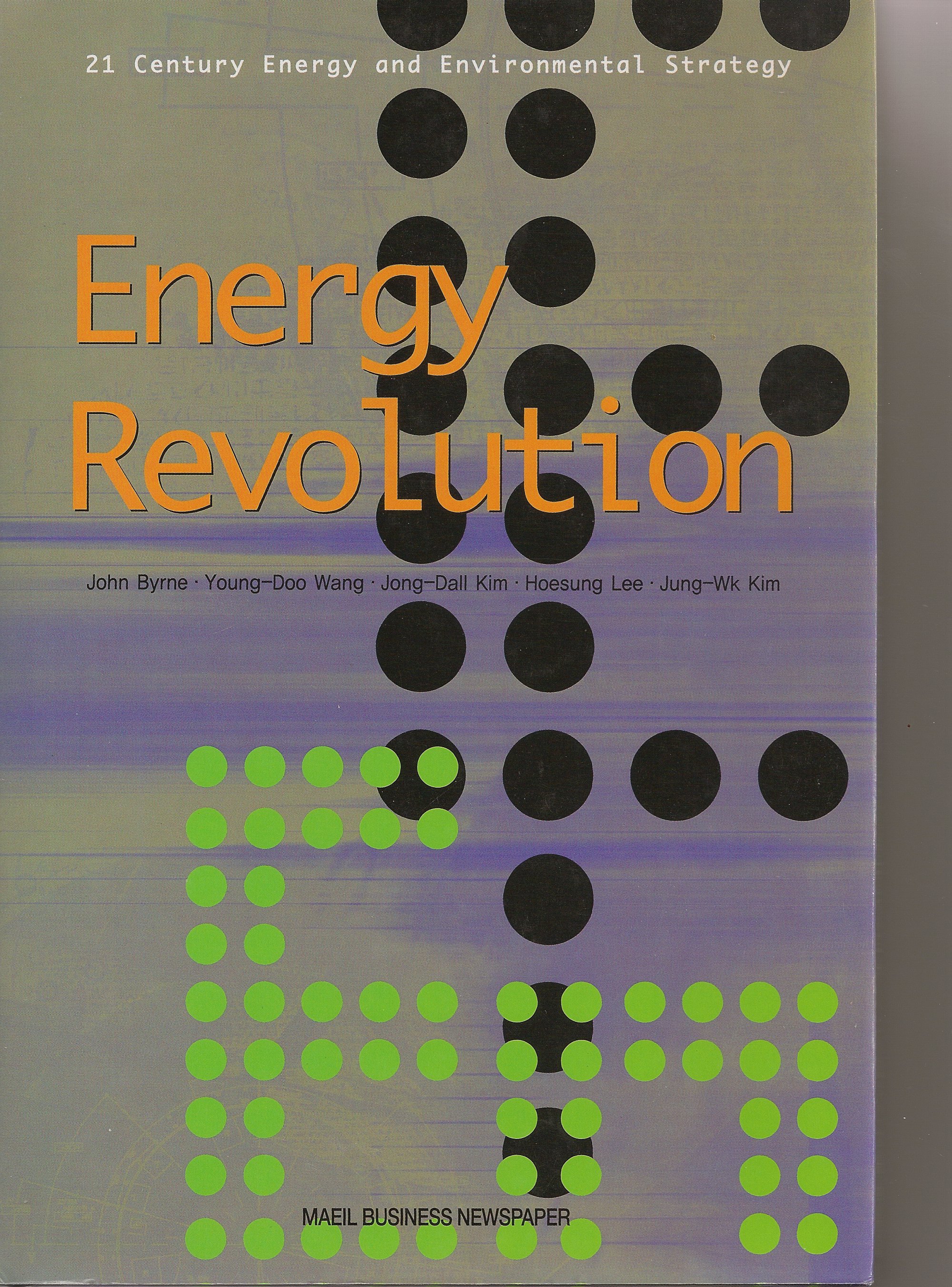


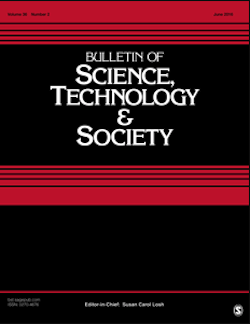 The contributors to this volume offer a detailed, analytically based challenge to the mainstream paradigm. At global, national, and regional levels, careful analyses of practical energy options such as conservation, renewables, micropower, new urban design, and environmentally sensitive rural development underscore the availability of sustainable futures that make the energy brownfields and blackouts and global ecological threats (such as climate change) of mainstream strategy unnecessary.
The contributors to this volume offer a detailed, analytically based challenge to the mainstream paradigm. At global, national, and regional levels, careful analyses of practical energy options such as conservation, renewables, micropower, new urban design, and environmentally sensitive rural development underscore the availability of sustainable futures that make the energy brownfields and blackouts and global ecological threats (such as climate change) of mainstream strategy unnecessary.